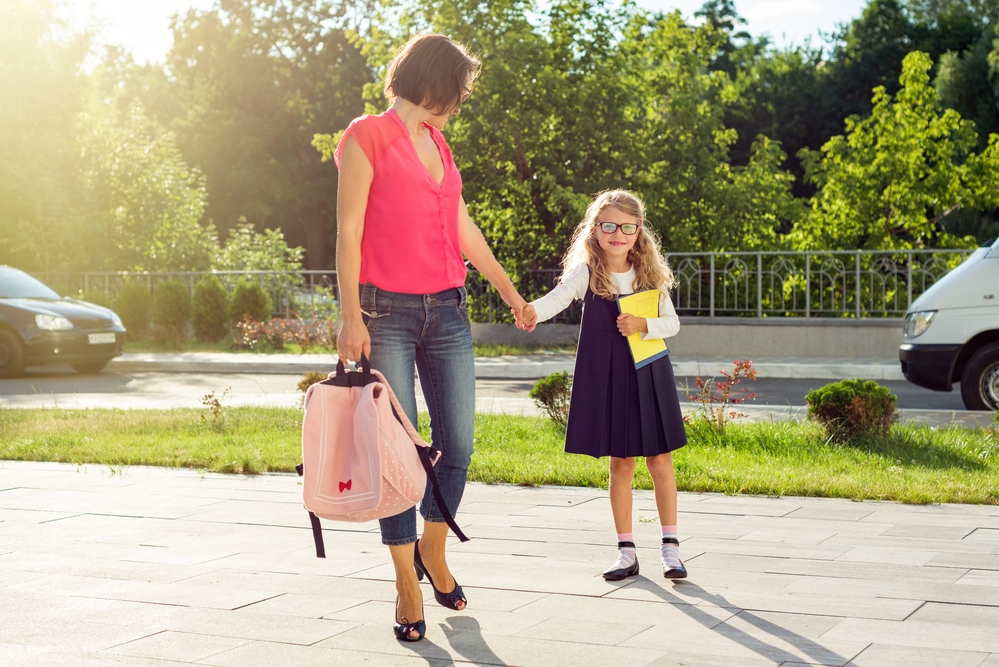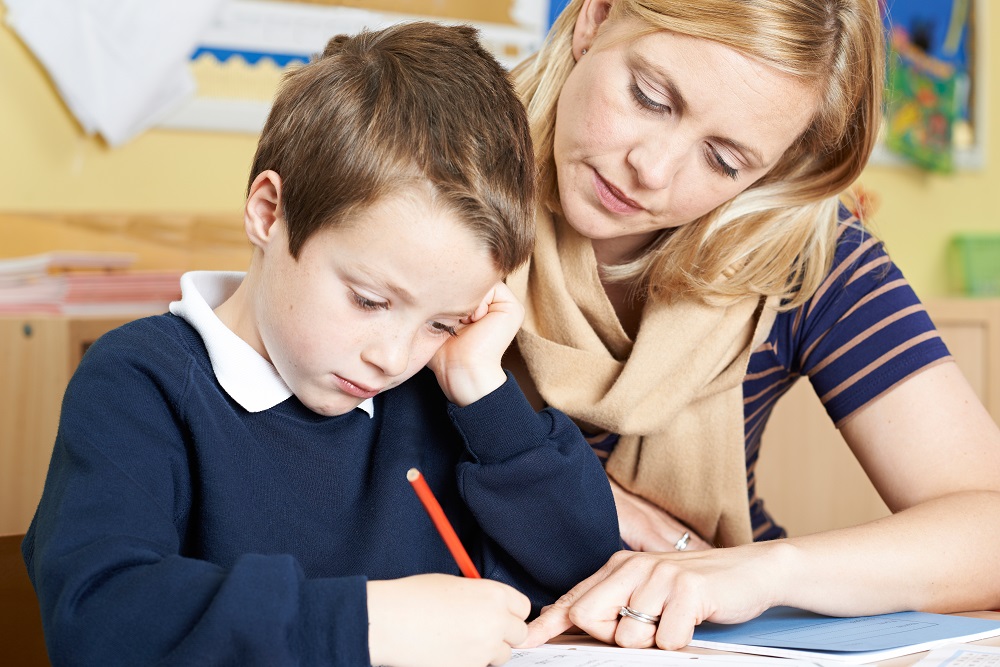Starting school for the first time, or making the transition to ‘big school’, can be an exciting time for child and parent alike. It’s only natural to want to document the occasion and share the photos online to express just how proud you are of your big girl or boy.
But there are some important considerations that any adult should make when sharing photos of their child or relatives online, especially at this time of year. While there’s never a single perfect answer when it comes to online safety, we should always ‘think privacy’ before posting images online. You’ll be protecting your children’s digital footprint, while simultaneously setting them up for a healthy relationship with the digital world throughout their time at school and beyond.
It’s not just photos alone that are the problem. It’s when these photos are shared alongside information such as date of birth, age and location that they can pose the greatest risk. A 2017 University of Florida study found that “when children appear in Facebook photos, 45.2% of the posts also mention the child’s first name, and 6.2% reference the child’s date of birth”.
On Instagram, it was worse: 63% of parents referenced their child’s first name in at least one photo in their stream and 27% of parents mentioned their child’s date of birth. Almost one in five shared both pieces of information which would increase the risk of harm.
The problem is, once lost, privacy is hard to regain. Exposure in the online world can present more risk than in the physical one. Sharing images of your child can lead to risks such as identity theft, cyberbullying, stalking, paedophilia and even digital and physical kidnapping. While it might sound dramatic, it’s simply the hard truth that many of us choose to ignore in favour of likes and comments.
The same concerns apply to sharing photos of other people’s children, too. If you’ve got a cute snap of your child meeting fellow pupils at the school gate on the first day of term, you might want to think twice before immediately sharing it. At the very least, always check with parents or guardians before posting any photos of their child.
Be similarly vocal with how you feel about images of your own children being shared. Many parents are simply unaware of the risks and potential consequences, so opening up a dialogue can be critical.
This is true of your child’s new school, too. The start of the school year can also be a time where teachers and school staff capture photos and share them on their own social media channels. Schools should have some kind of photographic consent process in place, so if you’re concerned, make sure you speak to staff about how they do things.
The new school year is also a time where photo consent is renewed or requested for the first time. Think long and hard before signing consent forms. There are several things you should look out for, that can help you make more informed decisions before signing on the dotted line. First of all, consent should be specific. You may, for example, be fine with your child’s photo appearing in the school’s email newsletter sent only to members but draw the line at the school sharing it on social media. The paperwork should reflect those distinctions and the school must comply with those boundaries. If there is currently no consent process, ask for one, even if you have to educate the school about why it’s needed.
Finally, when your child is old enough, ask them for consent, empowering them to understand they have a right to control their privacy online. As they become teenagers, they will have more respect for what they post online and have the confidence to speak to others about their consent guidelines. If you have a teenager who is fond of sharing their own images, talk to them about what is appropriate and potential repercussions of not setting boundaries.
Awareness is the first step towards protecting your child from the dangers of sharing photos online. So, before the new school year kicks off, take some time to educate yourself, your child and potentially your school about photo consent and the dangers of image sharing. In the long run, you’ll be glad you did.
About Colin Anson, CEO and co-founder of pixevety:
Colin Anson is a digital entrepreneur, and the CEO and co-founder of child image protection and photo storage solution, pixevety https://pixevety.com/









